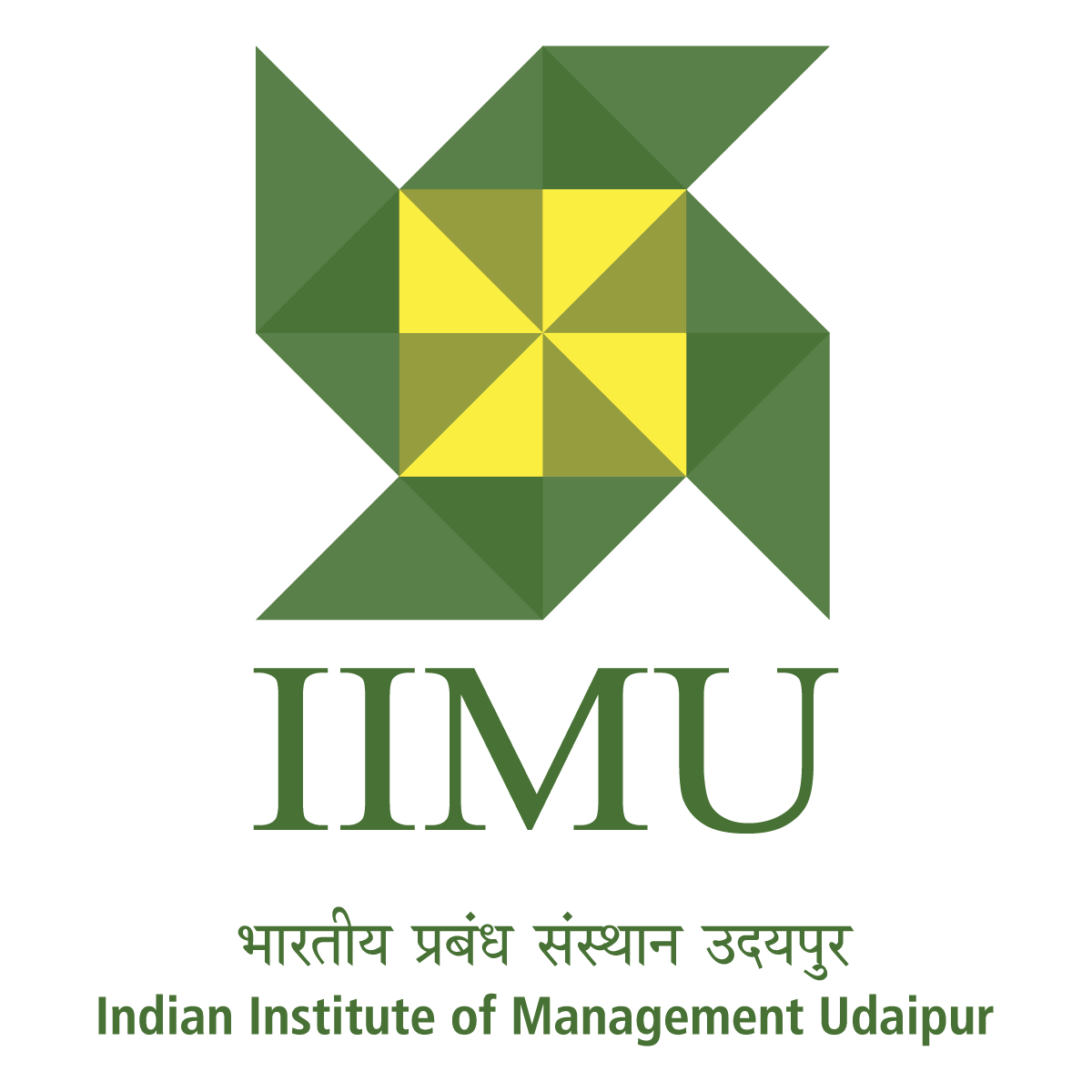About the program
Governance, Not Compliance
Governance is often mistaken for compliance and operates on autopilot in many companies, focused on regulatory filings and fee payments. At worst, it’s a “nice-to-have” amid the busy pace of early-stage companies, which has led to costly consequences. Now, companies and investors are reassessing governance’s value at the cap table. Governance is more than compliance. Hiring a company secretary or Chief Compliance Officer and completing filings is compliance, not governance, which is often misused to cover governance failures. Additionally, the Indian Companies Act emphasizes compliance over qualitative governance, leaving it mostly to the board.
Is Governance Just Management Jargon?
Yes, but governance isn’t empty talk. It’s the culture of saying "no" when "yes" is easy and being honest in tough times. It means prioritizing ethics over short-term gains, which is challenging for any organization. Management teams juggle financial results, regulations, and competition, so adding governance can feel overwhelming.
Why Should I Care?
Governance impacts capital access and helps build ‘value’ in organizations thereby making them valuable or significantly improve valuation. Investors are starting to add a “governance premium” (GP) to valuation. Although still developing, GP is expected to become a key factor in future valuations.
Why is the North Star Caucus Relevant?
North Star aims to address major, often unspoken issues through open discussion. Governance can be costly, not just in compliance expenses. If your business lacks depth or has a short-term exit plan, compliance alone might be enough governance isn’t for everyone.
Real governance requires support from all stakeholders, including investors, employees, and regulators. Without their backing, the burden often falls unfairly on promoters. Governance failures often stem from basic issues like greed, hubris, and pressure, which are behavioral, not legal.
This conclave seeks to spark introspection and a shift toward viewing governance as building GP (Governance Premium). VESG’s Governance White Paper, based on interviews with LPs, GPs, and founders, will provide a foundation for discussion.
Programme Objectives:
In the context of an uptick in the number of governance breakdowns in the start-up ecosystem, the program will enable early-stage investors to address the following:
- Strengthen the integration of ESG (environment, social, governance) principles in their investment practices and value-added activities (PRI 2022), and
- Address the ’G of ESG’ - often seen ambiguously between being the easiest letter to take care of and the least talked about (WEF/VentureESG 2023). In India but also in the heartlands of Silicon Valley and Europe, several high-profile cases of ‘governance breakdowns’ have occurred over recent years. From concerns over dual-class share structures (eg. at UK’s Deliveroo) to outright fraud (eg. at FTX or BharatPe, Byjus) and ‘unethical business conduct’ (Economic Times of India 2023), governance is seen as a major reason for the drastic devaluation of startups.
Programme Design:
- The program will go beyond governance guidelines, often treated as ‘compliance’ or ‘tick-box’ exercises, and investigate the underlying structural and systemic motivations, incentives, and biases, especially from the LP and VC perspective,
- look at the most common governance issues and failures in Indian startups that allow fraud,
- identify who is responsible for ‘not seeing’ governance failures or even actively allowing them,
- determine if there is a correlation between the availability of funds (state of the market) and the fraud coming to light,
- the systemic conditions incentivizing such oversight (eg. short-termism, focus on valuations),
- identify what role can be played by VCs, asset owners, and LPs.
Programme Contents:
- Approaching governance across investment stages.
- Business Case for governance and the larger concept of ESG (Using case studies).
- Learnings from the GWP and gaps in practice.
- Applying governance in investments and DD (Using case studies)
- Post investment governance value add in portfolio support and board engagement. (Using case studies).
- When SHTF – how to conduct investigations/ audits/ regulatory defence and minimize value haemorrhage during a governance failure.
- Governance vs Compliance: What are the similarities and differences between the two for leadership?
- Can founders make the right decisions to grow the company?
- Crossroads and decision making – how to stop yourself and make the right decision.
- Future forward – building governance tools to avoid meltdowns, and governance metrics that influence valuations, investment decisions and market perception.
Duration & Pedagogy:
- Two-day, in-person program for VCs at IIMU campus.
- The program will be mostly case analysis in small groups and role-play. The pedagogy will also use film clips and instrumented behavioural feedback to achieve the design objectives.
Program Fee:
- The fee for attending this program is INR 160,000 + GST.
- The fee includes boarding and lodging in a hotel in Udaipur on single occupancy for three nights, and transportation (to and fro) from the hotel to the IIM Udaipur campus.
- Last date: January 14, 2025 (Tuesday)
Certificate
A participation certificate will be awarded to the participants at the end of the program, subject to their meeting necessary requirements including having attended all sessions of the program.
Distinguished Faculty
The program is delivered by distinguished faculty from IIMU, as well as industry experts and thought leaders. All members of the faculty are among renowned leaders and innovators in their respective fields.
This is your opportunity to learn from and network with prominent scholars, many of whom have founded their own companies and are making headlines across the globe with their innovations and perspectives.

